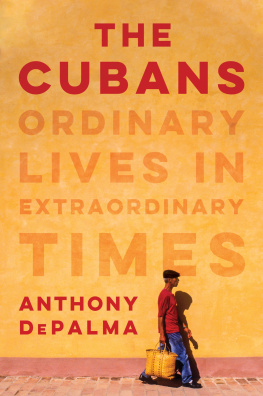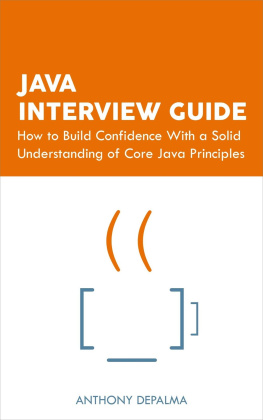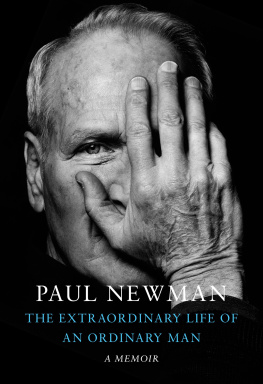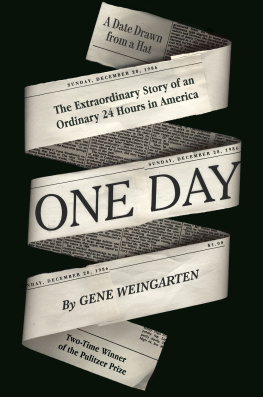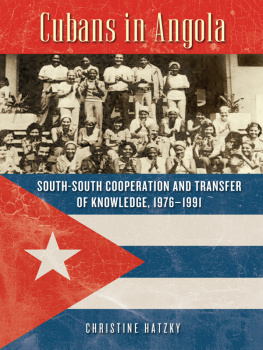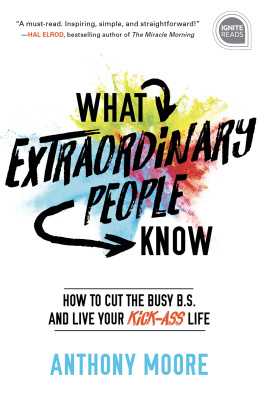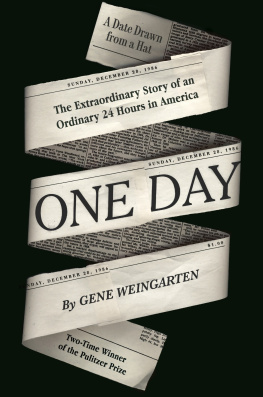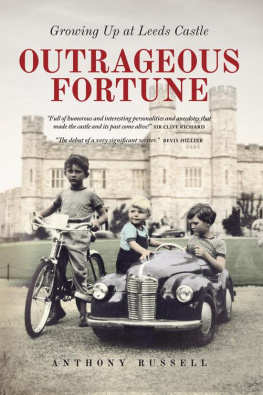Anthony DePalma - The Cubans: Ordinary Lives in Extraordinary Times
Here you can read online Anthony DePalma - The Cubans: Ordinary Lives in Extraordinary Times full text of the book (entire story) in english for free. Download pdf and epub, get meaning, cover and reviews about this ebook. year: 2020, publisher: Penguin Publishing Group, genre: Non-fiction. Description of the work, (preface) as well as reviews are available. Best literature library LitArk.com created for fans of good reading and offers a wide selection of genres:
Romance novel
Science fiction
Adventure
Detective
Science
History
Home and family
Prose
Art
Politics
Computer
Non-fiction
Religion
Business
Children
Humor
Choose a favorite category and find really read worthwhile books. Enjoy immersion in the world of imagination, feel the emotions of the characters or learn something new for yourself, make an fascinating discovery.
- Book:The Cubans: Ordinary Lives in Extraordinary Times
- Author:
- Publisher:Penguin Publishing Group
- Genre:
- Year:2020
- Rating:5 / 5
- Favourites:Add to favourites
- Your mark:
- 100
- 1
- 2
- 3
- 4
- 5
The Cubans: Ordinary Lives in Extraordinary Times: summary, description and annotation
We offer to read an annotation, description, summary or preface (depends on what the author of the book "The Cubans: Ordinary Lives in Extraordinary Times" wrote himself). If you haven't found the necessary information about the book — write in the comments, we will try to find it.
Anthony DePalma: author's other books
Who wrote The Cubans: Ordinary Lives in Extraordinary Times? Find out the surname, the name of the author of the book and a list of all author's works by series.
The Cubans: Ordinary Lives in Extraordinary Times — read online for free the complete book (whole text) full work
Below is the text of the book, divided by pages. System saving the place of the last page read, allows you to conveniently read the book "The Cubans: Ordinary Lives in Extraordinary Times" online for free, without having to search again every time where you left off. Put a bookmark, and you can go to the page where you finished reading at any time.
Font size:
Interval:
Bookmark:
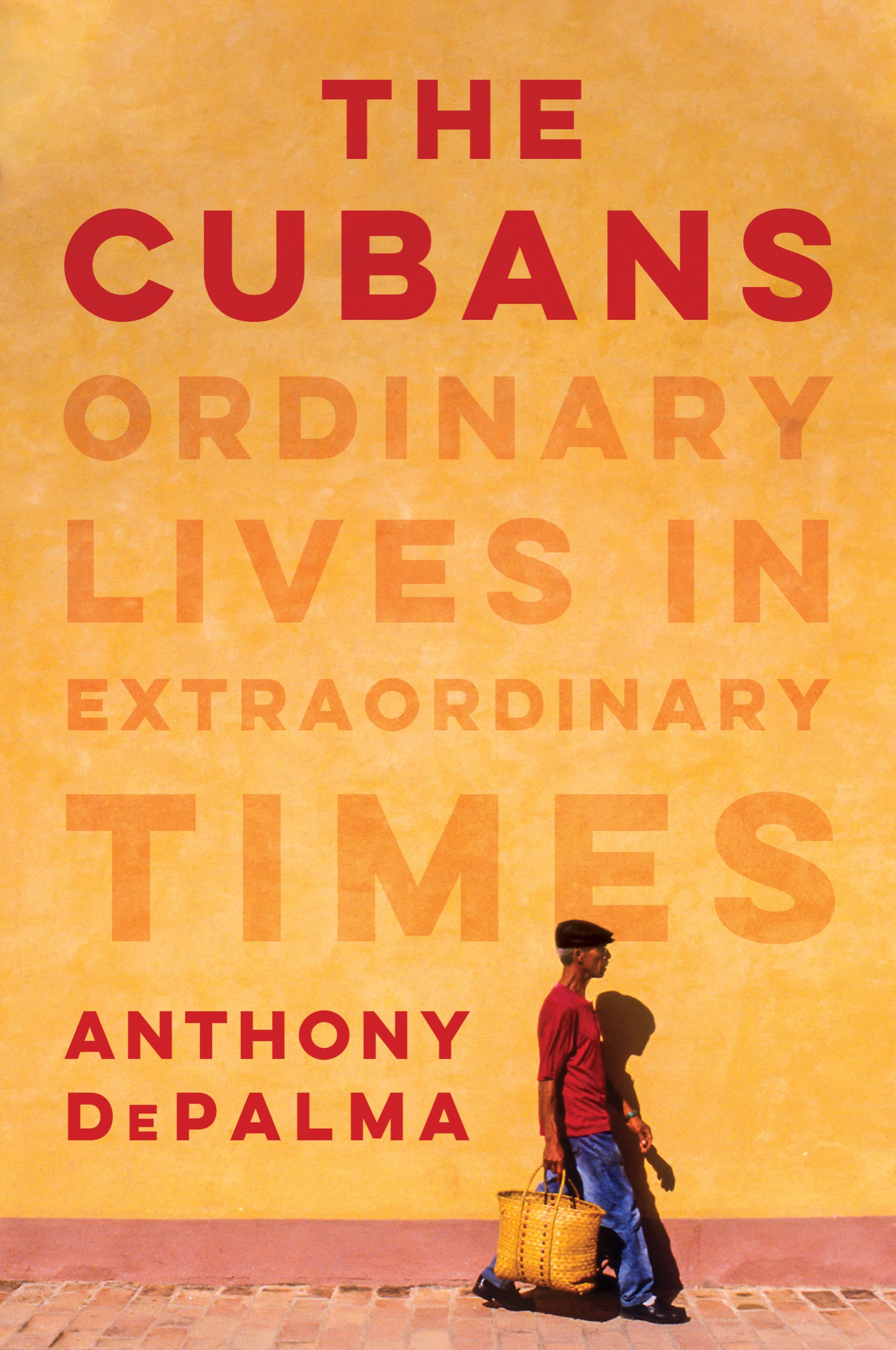
Here: A Biography of the New American Continent
The Man Who Invented Fidel
City of Dust: Illness, Arrogance, and 9/11
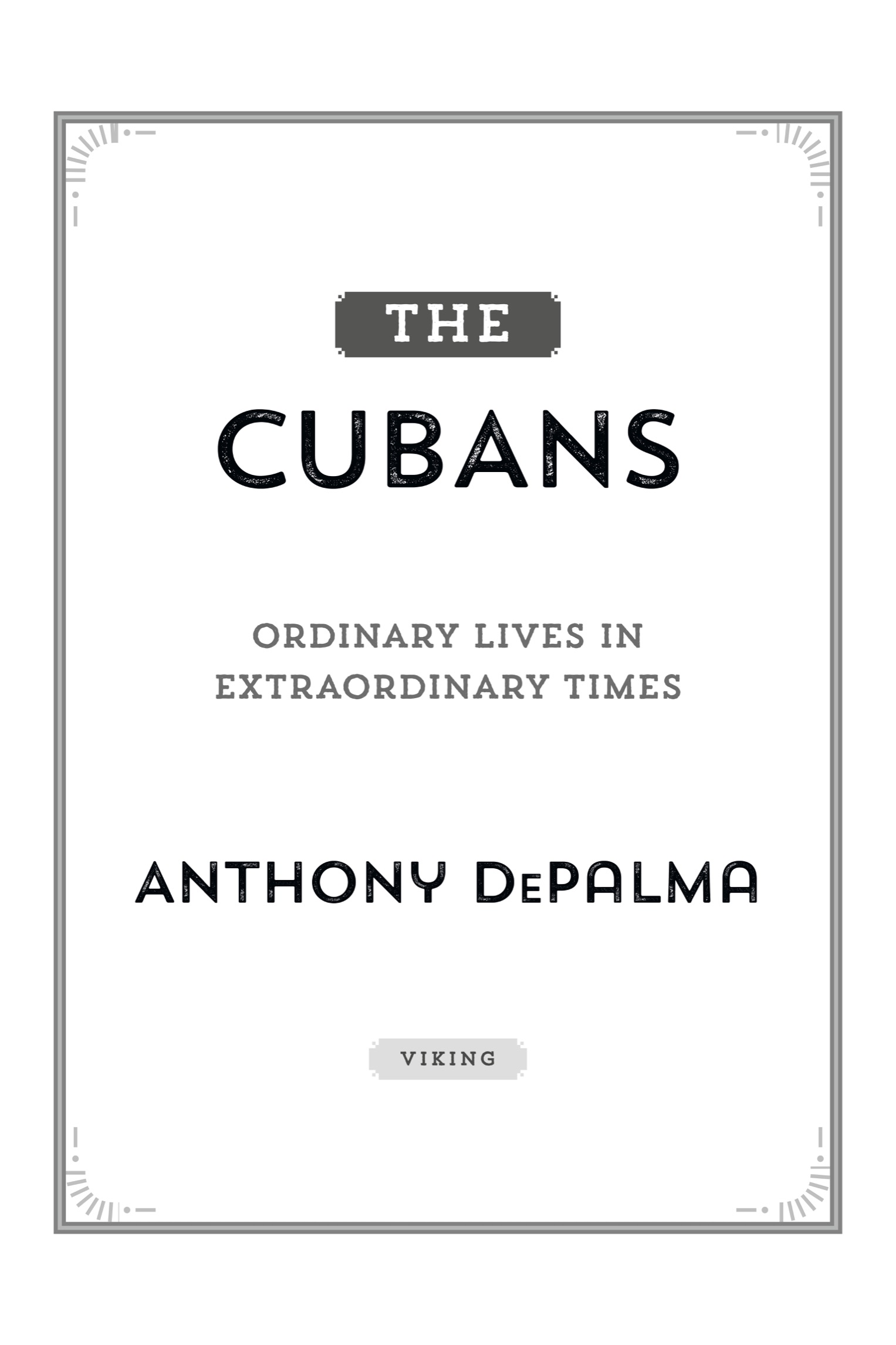
VIKING
An imprint of Penguin Random House LLC
penguinrandomhouse.com
Copyright 2020 by Anthony DePalma
Penguin supports copyright. Copyright fuels creativity, encourages diverse voices, promotes free speech, and creates a vibrant culture. Thank you for buying an authorized edition of this book and for complying with copyright laws by not reproducing, scanning, or distributing any part of it in any form without permission. You are supporting writers and allowing Penguin to continue to publish books for every reader.
Library of Congress Cataloging-in-Publication Data
Names: DePalma, Anthony, author.
Title: The Cubans : ordinary lives in extraordinary times / Anthony DePalma.
Description: [New York] : Viking, [2020] | Includes index.
Identifiers: LCCN 2019052262 (print) | LCCN 2019052263 (ebook) | ISBN 9780525522447 (hardcover) | ISBN 9780525522454 (ebook)
Subjects: LCSH: Guanabacoa (Havana, Cuba)Biography. | Havana (Cuba)Biography. | CubaHistory19591990. | CubaHistory1990
Classification: LCC F1799.H353 A293 2020 (print) | LCC F1799.H353 (ebook) | DDC 972.91/23dc23
LC record available at https://lccn.loc.gov/2019052262
LC ebook record available at https://lccn.loc.gov/2019052263
Maps by Jeffrey L. Ward
pid_prh_5.5.0_c0_r0
For Miriam
It is not for glory that I struggle since all the glory in the world fits inside a kernel of corn.
JOS MART
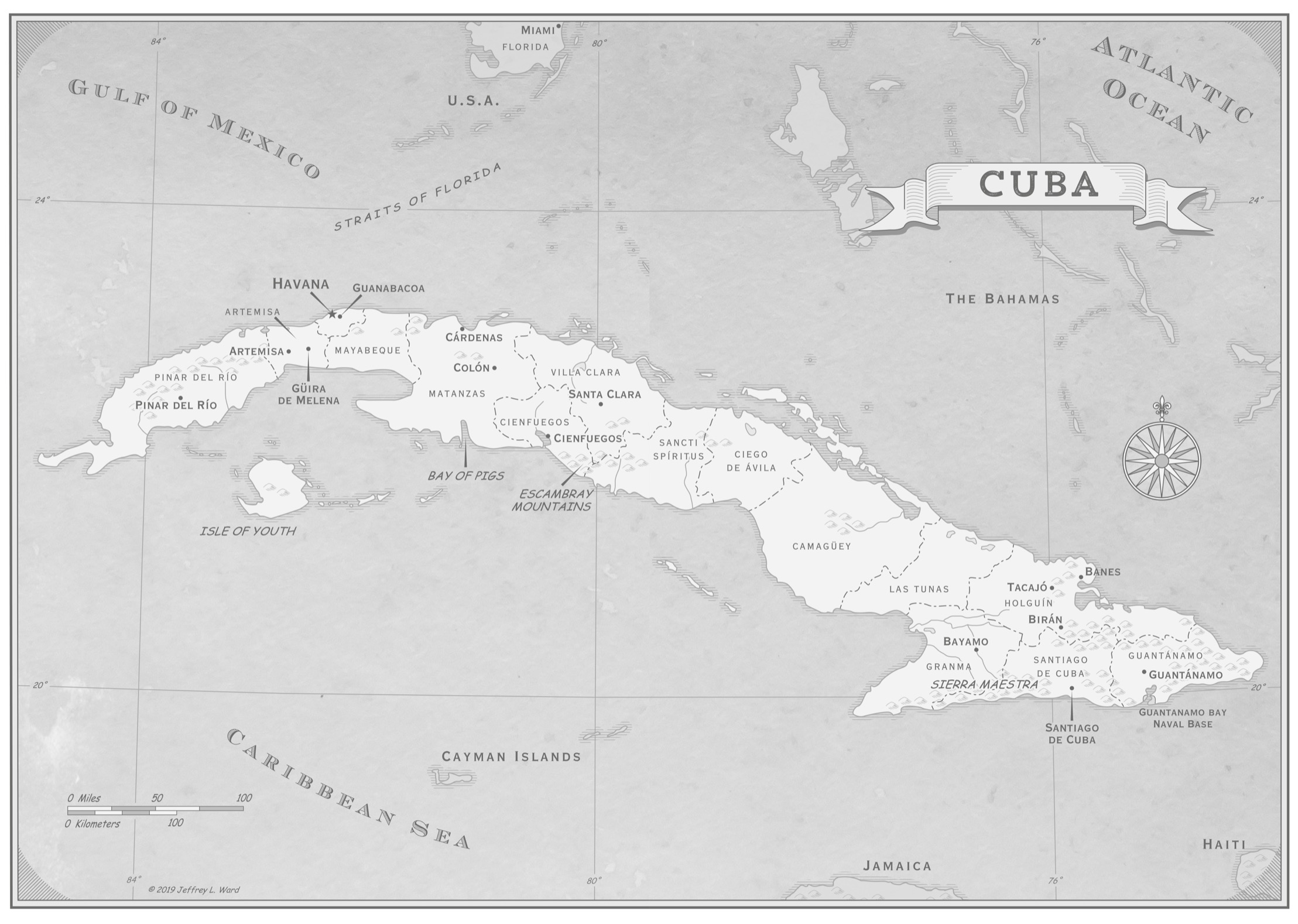
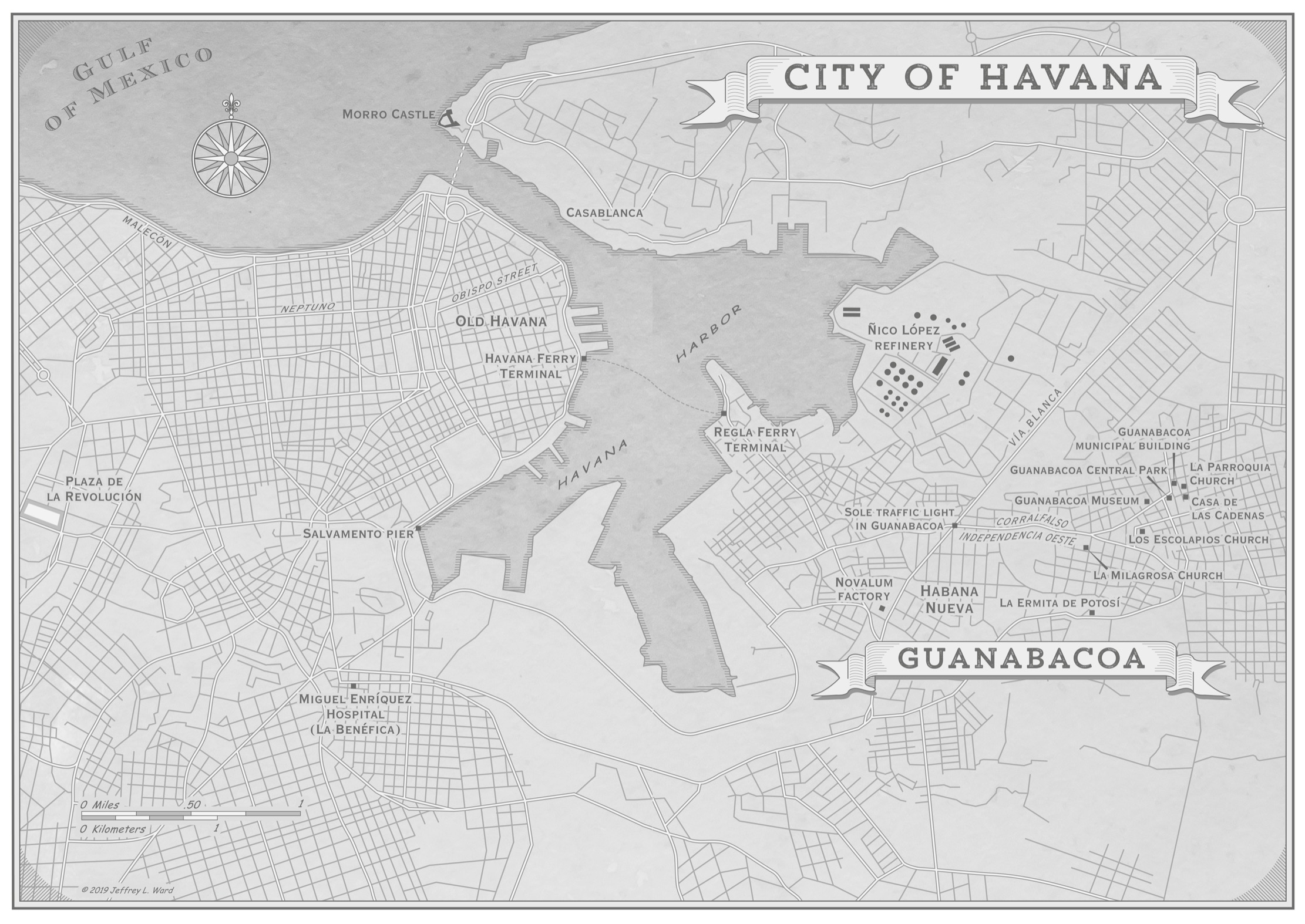
When the lights went out around five that afternoon, and the television swallowed itself dark, the lone fan in the house, the white plastic one from China with the brand name Hopeful, slowed to a dead stop. Thats when Cary, Pipo, and Oscar, along with Faru, their scrawny Pekingese with a bad underbite, knew it was time to hide. Cubans are no strangers to hurricanes, but this one made even the most storm-scarred of them shudder: a category five monster named Irma, with 165-mile-an-hour winds, torrential rain, and 16-foot-high waves, which was scheduledif it kept to the timetable delivered by the gloomy TV meteorologiststo smash into Guanabacoa, their quirky hometown across the harbor from Old Havana, between two and three the next morning. The electricity surely wouldnt return by then, but how long theyd be in the dark, or what theyd find when the lights came back on, nobody could say.
Theyd developed and refined their own drill to prepare for big storms like this one, with every member of the family assigned specific tasks. Oscar was just twenty-six, so it was up to him to climb up to the roof and tie down everything that could blow away. His father, Jess, who everyone knew as Pipo, scoured the neighborhood for food while his mom, Cary, was in charge of everything else. She taped the windows, closed the shutters, and filled enough old soda bottles with purified water to last a few days. When she was done, she took a minute to call Cuka, her lifelong friend in Tacaj, the little sugar town in eastern Cuba where both of them grew up, to make sure everyone there was prepared for the nightmare headed toward them.
Cuka picked up right away. Yes, she was all right. Everyone else too. Shed already done all she could, and there was nothing left to do but hunker down and wait. Waiting was a skill that Cubans mastered no matter where they lived or what they were doing. At first, Cary and Pipo thought of riding out the storm where they often did, in Oscars bedroom. Their house was big and solida prerevolution midcentury modern that had been split into two apartments; their upstairs neighbors had even built a clandestine metalworking shop on the roof. But the coming storm threatened to be so bad they might be stuck inside for a long time. Oscars room was the smallest in the house, and there was nothing but louvers in the windows to keep out the wind and rain. There wasnt enough room for them in the kitchen or storeroom, and the parlor, facing the street, was far too exposed. That left their own bedroom, with its lone window facing south, away from Irma.
They were getting the bedroom ready when the phone rang, surprising them. It was Pipos younger sister Luz Mara calling from Crdenas, ninety miles away, to let them know that, despite the storm, her sons girlfriend had gone to the hospital to give birth to their first child. After that, the phone too went dead. Their only radio, a hand-cranked one that Pipo had given Cary one Valentines Day, was broken, leaving them almost as cut off from the outside as if they were stranded in Cubas remote Sierra Maestra mountains.
Not long after they had settled into the bedroom for the night, the rain started. Not a downpour but bulging drops so fat and heavy they could almost hear them fall one at a time, splashing into the dirt but doing nothing to cool things off. With all three of them in there, and Faru panting frantically on the floor, the bedroom soon was stifling. Cary got up to open the casement window, and the musty smell of rain and dirt washed in. From where they lay, with their heads at the foot of the bed and their feet pointing toward the open window, they had a clear view of the blood-orange sky. For Cary, the strange light and evocative scents brought back harrowing reminders of another storm. She was just a girl then, living with her mother and twin sister in a rooming house near Cuka in Tacaj. When Hurricane Flora tore through, what little they had was nearly blown away.
With the three of them so close, Oscar soon got antsy and started complaining about the heat. Pipo was hot too, but what bothered him more was the metal roof of the warehouse across the street. Several times already, hed said that if it blew off, theyd be right in its path. Cary told both of them to cut it out. Their house was made of concrete, wasnt it? And though their pantry wasnt full, there was some food in there, wasnt there? Just calm down. Well be all right.
Through the open window all she could see were the dark clouds that blotted out the stars. That gave her an idea. When she was a girl in Tacaj shed learned a song about stars that always helped her calm down whenever she was frightened.
Do you two want to hear a song?
Through tempests and turmoil, CaryCaridad Luisa Limonta Ewenwas always helping others. They joked that shed been born first so she could show her twin sister the way. And like her late mother, Zenaida, she tackled whatever Cuba threw at her with confidence and courage.
With the wind kicking up, and the warehouse roof clattering, Cary sang the melancholy old song in a low, sweet voice that her husband and son could barely hear, a lullaby in the storm.
Pregntale a las estrellas si por las noches me ven llorar
Ask the stars if at night they see me cry
Ask if I do not seek to love you, how lonely am I
Ask the gentle river if it sees my tears running
Font size:
Interval:
Bookmark:
Similar books «The Cubans: Ordinary Lives in Extraordinary Times»
Look at similar books to The Cubans: Ordinary Lives in Extraordinary Times. We have selected literature similar in name and meaning in the hope of providing readers with more options to find new, interesting, not yet read works.
Discussion, reviews of the book The Cubans: Ordinary Lives in Extraordinary Times and just readers' own opinions. Leave your comments, write what you think about the work, its meaning or the main characters. Specify what exactly you liked and what you didn't like, and why you think so.

